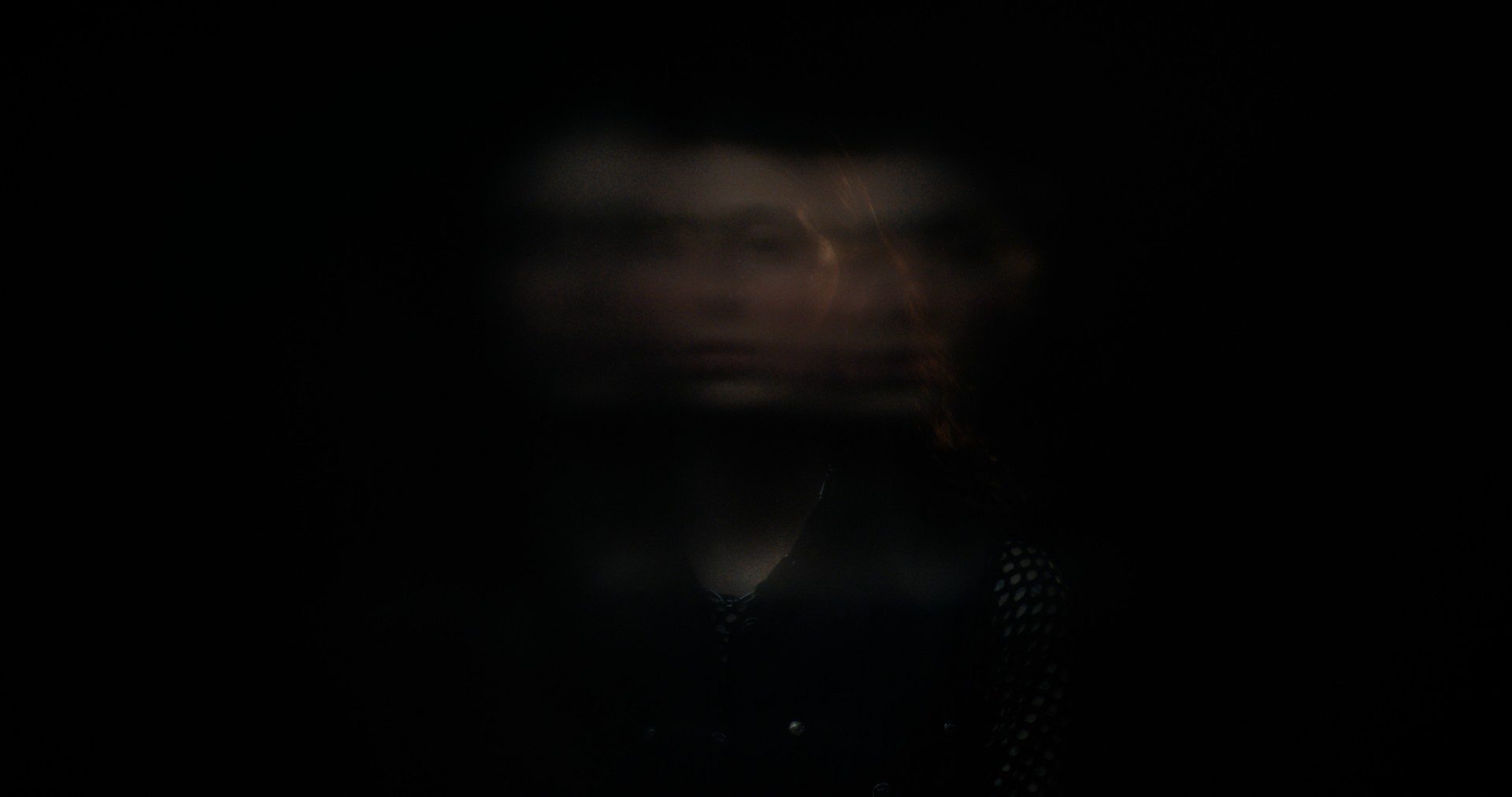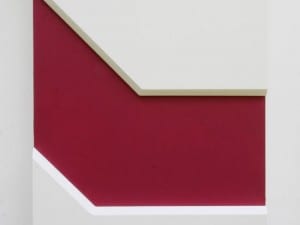Antonia Luxem creates films, installations, paintings and writing that explore different realities and bodies, and transport viewers to new mental spaces. Their work stems from research into subjects spanning human perception, dreams, existential anxiety and queer identity. On Falling, shortlisted for the Aesthetica Art Prize 2024, is a meditative odyssey that plays with the Greek myth of Sisyphus from the perspective of a lesbian falling slowly through a dark sky. As we follow their fall, we float, drifting in and out of dreamlike thoughts, becoming a child that incubates dreams and witnesses death and rebirth. At its core, the film explores and makes visible what it looks and feels like to be denied an identity and existence.
A: Was there a moment when you realised you wanted to be artist?
AL: I’ve always enjoyed observing the world and people around me, and been inspired to make art as a result. It’s been my method for making sense of life and moving forward. Observation is a scientific and rational method, as well as a space for speculation and play. It is fertile ground for finding hidden treasures.

A: Can you tell us a little about On Falling? What are the key themes, and who is the main character?
AL: On Falling is a meditative and oneiric film that looks at what it means to fall by re-exploring the myth of Sisyphus. We follow Z, the main character, falling through a dark void whilst simultaneously and cyclically falling into different states: dreaming, love and death. The film continues my previous explorations of dream worlds, deep existential anxiety, time and the journey of queer bodies in the world. I like to manipulate space and time in order to transport myself and viewers to new universes. It’s a way of finding a place of ambiguity, to explore the in-between and find new ways of creating and being. Fundamentally, On Falling is about mourning and acts as a quest for understanding life’s purpose – a search for lucidity and an understanding of how to let go in order to accept transformation of the self and the world.
A: Why did you choose the Greek myth of Sisyphus as your starting point?
AL: Myths are often simple stories that come in many contradictory versions and contain a great deal of material to play with. They are ripe with possible interpretations and often taught to children who go off into the world carrying these big questions with them. The myth of Sisyphus has stayed with me since I was a teenager, when I read Camus’ existential interpretation of the myth. The story confronts us with the question of our own mortality: Sisyphus is condemned by the gods because he tries to cheat death and his punishment raises questions about the meaning of life. Depending on where I’m at, my understanding of the myth, and Camus’ existential interpretation, changes. I like to be reminded of the malleability of the answers. Sisyphus’ quest for immortality feels particularly relevant today.
A: What is one thing you hope viewers take away from your film?
AL: I hope they allow themselves to fall, let go and go on a dream journey inside (or outside) of themselves.
A: You work across various media, from installation to painting and writing. Do you have a favourite?
AL: Each media is its own expression and a necessary way of making sense of what’s going on in the world and in my mind. Writing tends to come first, it’s a form of secretive play which then typically informs the films I create – both structurally and conceptually. My installations deepen the feelings and ideas in the films’ universes, giving them dimensionality. Painting acts like an incubation chamber for everything I make.
Luxem is part of the Aesthetica Art Prize 2024 Exhibition at York Art Gallery from 16 February – 21 April. Plus, meet over 250 longlisted international artists in our new online gallery.
Want to get involved? The next edition of the Prize is open for entries. Submit your work by 31 August. Win £10,000, exhibition and publication. Find out more here.
All images courtesy Antonia Luxem.





